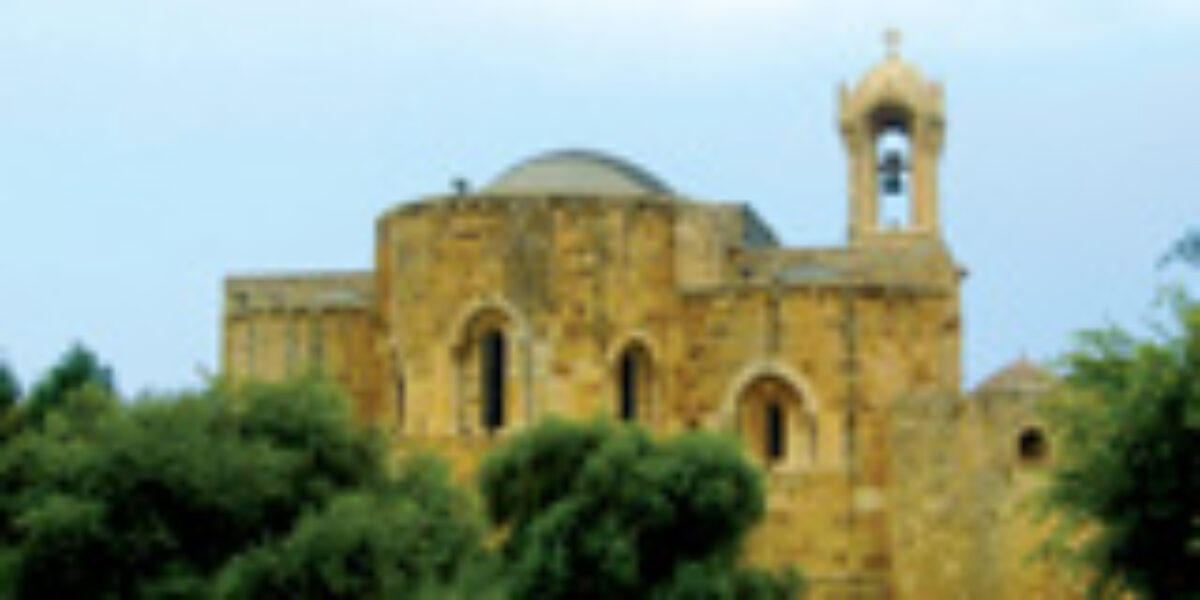
“Peace is what I leave with you; it is my own peace that I give you. I do not give it as the world does. Do not be worried and upset; do not be afraid.” John 14.27 (GNT)
When Dr. Issa Diab sits down at his desk in Beirut to work on translating the Bible into modern Arabic, he knows his task is so much more than another academic exercise. It is a labor of love to bring God's life-giving Word to millions of Arabic-speaking Christians in their own culture and context.
Words for Today
Dr. Diab, a translation consultant for United Bible Societies and professor of Semitics and Christian/Muslim Studies, is heading up two teams of Arabic-speaking biblical scholars to update the Van Dyck-Boustani Arabic translation of the Bible. The project, implemented by the Bible Societies of Lebanon and Egypt with support from American Bible Society, is revising a 150-year-old translation to reflect modern Arabic.
In the Middle East, the Van Dyck-Boustani Bible is the most widely used Arabic Bible, yet many Arabic-speaking Christians have a difficult time understanding the now-outdated and challenging language. And if they can't understand the Bible, it becomes difficult to engage with the God of the Bible. It's a problem that lies heavily on Dr. Diab's heart.
Thirsty for Peace
In the last 75 years, oil disputes, religious quarrels and power struggles have plunged Middle Eastern nations into upheaval. And Lebanon has seen much of the violence up close. In the years immediately following World War II, tourists flocked to the country; Beirut was even called “The Paris of the Middle East.” But 1975 ushered in a 15-year civil war that tore apart Lebanon's infrastructure and ravaged countless lives. In 2006, tensions escalated again, leaving more than 1,000 people dead in a month-long conflict.
But it is here — in the midst of violence, hate and war — that Dr. Diab perceives a desperate need for the message of the Gospel. As he walks through the streets of his city, he can see reminders of religious conflict in the Middle East. Families are broken, buildings destroyed, neighbors are at odds. Yet Dr. Diab finds hope in Scripture, which tells of God's unbridled passion for love and reconciliation.

This is Dr. Diab's clear belief: As people begin to engage with God's Word in a format they understand, they will also begin to understand and live its truth.
Although the translation work is still in progress, results are already beginning to appear. The translation team distributed 1,000 updated translations of the book of Colossians in 2009, and 1,000 updated copies of Revelation during the 2010 Easter season. One Orthodox bishop led his entire diocese through reading the updated version of Revelation. As the translation work continues, Dr. Diab is confident that Scripture will move more deeply into the hearts of Arabic-speaking people.
A Promise of Peace
In the Middle East, peace often seems unattainable. But Dr. Diab will not retreat. The world around him may be in turmoil, but he is convinced that God's promise is one of peace. Arabic-speaking Christians are rediscovering this promise in a language that speaks clearly to their hearts and lives.





